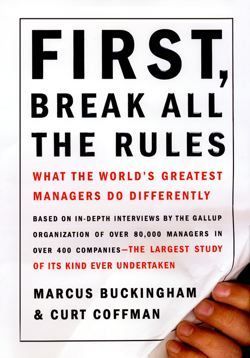
Reviews
Hatem Abdelmowgoud @iammowgoud
Sandy@pdxhonzuki
Malcolm Reddoch@mreddoch
Rodrigo Ferreira@rodrigoferreira
Kolle@brokkoli
Gabriel Ayuso@gabrielayuso
Keven Wang@kevenwang
Cheah Chu Yeow@chuyeow
Drew Spartz@drewspartz
Brian Edginton@edge
Noha Abdelaziz@nouhashawqi
Raúl Barroso Moreno@raulb
Farid Jafarov@fajafarov
Cüneyt Özerdağ@cozerdag
Ryan B Harvey@codeanddata
Joshua Line@fictionjunky
Tanner Hearne@tannerhearne
Alemsah Ozturk @alemsah
Adrian Bordinc@adrian
Jack Baty@jackbaty
Highlights
Dhrumil Patel@dhrumil
Dhrumil Patel@dhrumil
Dhrumil Patel@dhrumil
Dhrumil Patel@dhrumil
Dhrumil Patel@dhrumil
Dhrumil Patel@dhrumil
Dhrumil Patel@dhrumil
Dhrumil Patel@dhrumil
Dhrumil Patel@dhrumil